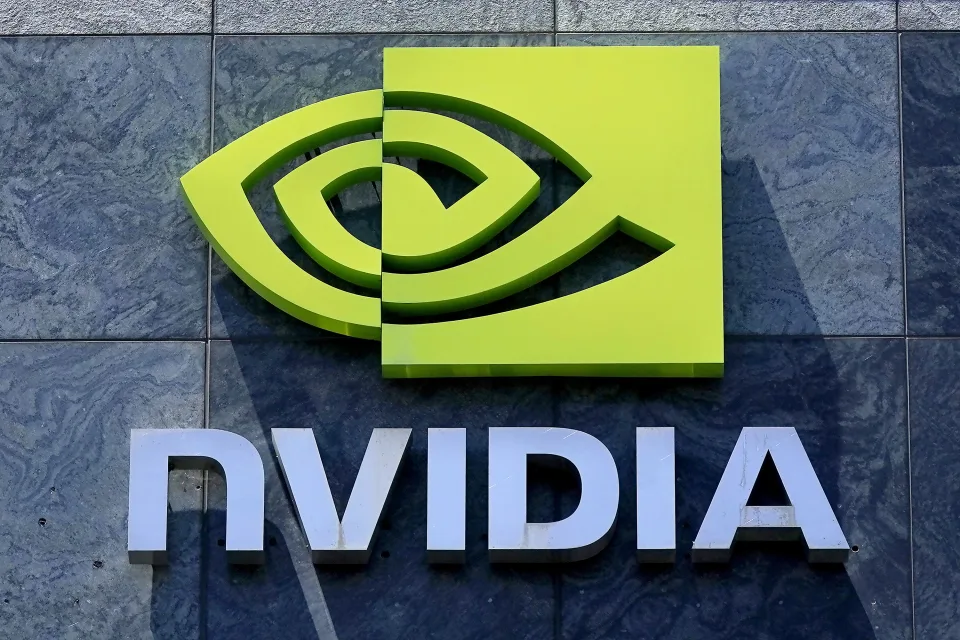The excitement surrounding artificial intelligence has yet to run its course on Wall Street.
Three analysts recently upgraded their forecasts for the S&P 500 (^GSPC) amid early signs that investments in generative AI are driving earnings growth at large-cap tech companies.
On Sunday, Evercore ISI’s Julian Emanuel boosted his year-end price target for the S&P 500 to 6,000 from 4,750, noting the “AI revolution is in the early innings.” Emanuel’s target is the highest on Wall Street.
Goldman Sachs’ equity strategy team boosted its year-end target to 5,600 from 5,200 on Friday. Goldman highlighted that increasing earnings expectations for Alphabet (GOOGL, GOOG), Microsoft (MSFT), Amazon (AMZN), Meta (META), and Nvidia (NVDA) have “offset the typical pattern of negative revisions to consensus EPS estimates.”
“We underappreciated the degree to which those earnings would lift those few stocks and the degree to which those few stocks would drive the rest of the market, and that’s basically what we’re adjusting for,” Goldman Sachs equity strategist Ben Snider told Yahoo Finance.
Citi’s equity strategy team, led by Scott Chronert, struck a similar tone, boosting its end target to 5,600 from 5,100 on Monday. The analysts noted that the market would have trended toward their prior target had it not been for outsized performance from large-cap tech.
“The generative AI influence as an ongoing incremental growth driver is permeating the US equity environment right now,” Chronert wrote.
More than two-thirds of the S&P 500’s nearly 15% gain this year is attributed to the “Magnificent Seven” stocks: Tesla (TSLA), Apple (AAPL), Alphabet, Microsoft, Amazon, Meta, and Nvidia, according to Citi.
If this “megacap exceptionalism” continues, Goldman’s model shows the S&P 500 could end the year at 6,300. This would likely come from “continued revenue beats from those companies relative to what analysts expect.”
Barclays head US equity strategist Venu Krishna currently holds a 5,300 call on the S&P 500 but also noted that continued outperformance from tech provides upside risk to his target and could result in a bull-case scenario with the S&P 500 ending the year above 6,000.
Krishna told Yahoo Finance that he’s been asked for more than a year whether a small group of stocks can continue to drive the market higher.
“The answer is yes, it is possible,” Krishna said. “We are in that environment.”
Market concentration
The top-heavy market has some concerned that the rally is too narrow. However, strategists say this shouldn’t deter investors.
Snider noted it’s important for investors to remember that if the trend of large-cap tech leading the S&P 500 higher continues, a narrow rally with only a few stocks leading the market higher is a feature, not a bug, of the benchmark index.
“This is part of the beauty of the S&P 500 … When a few companies perform really well, they can drag up the whole index,” Snider said. “And we’re seeing that right now.”
There is also risk AI enthusiasm has driven stock valuations too high. JPMorgan chief market strategist Marko Kolanovic, who has stuck by Wall Street’s most bearish year-end S&P 500 target of 4,200, noted on June 3 that equity valuations are “rich” while sentiment is “near highs.”
And Kolanovic has a point. Emanuel at Evercore ISI pointed out that with the S&P 500 trading above 20 times its forward earnings estimates, the index is “expensive” on a historical basis. But what sticks out to Emanuel is how long stocks can stay at those levels.
The S&P 500’s forward price-to-earnings ratio crossed 20 143 days ago, per Emanuel. In the 2021 economic reopening frenzy, the S&P 500 traded at similar valuation levels for 614 days. During the dot-com boom, the S&P 500 lasted at those levels for 737 days.
Emanuel notes this shows that “high valuations can remain higher for longer.” And with that could come further returns.

